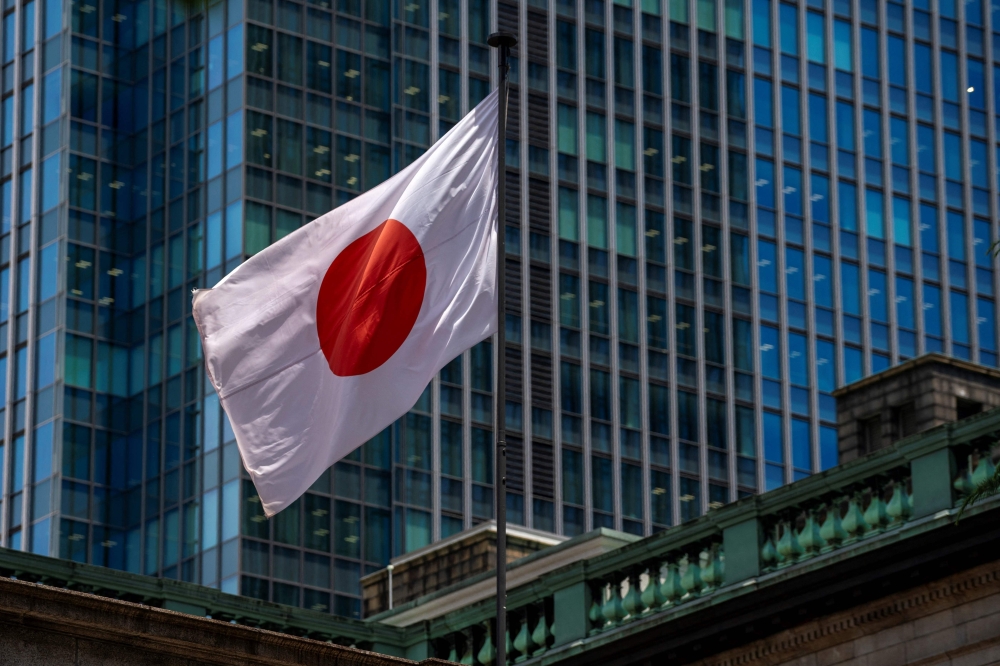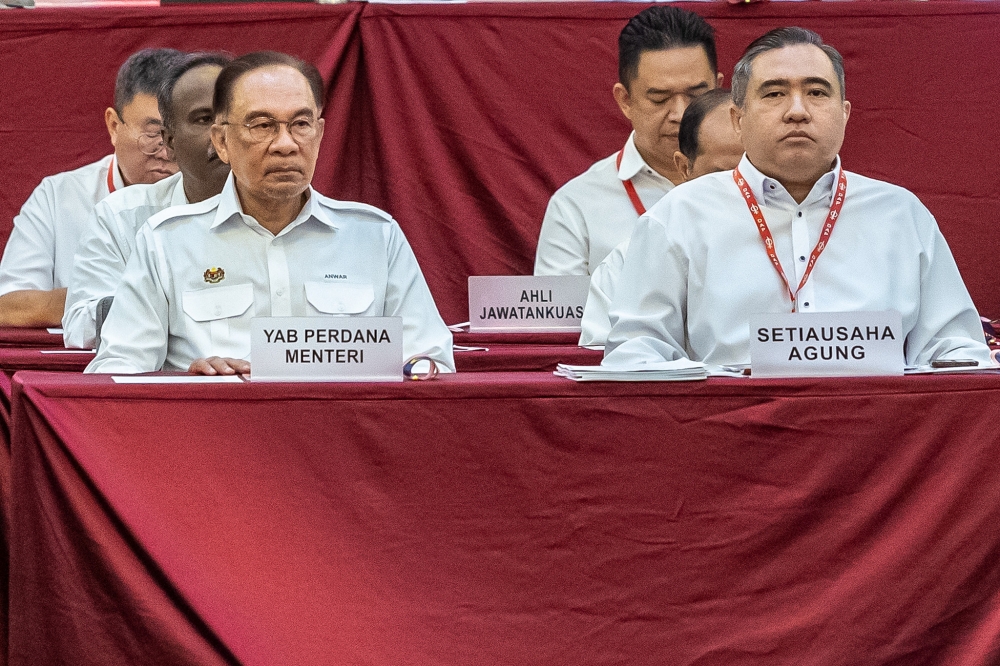KUALA LUMPUR, Nov 18 — Malaysia and Indonesia has retained the first and second place respectively in the Islamic Finance Development Indicator (IFDI) 2021 for the second year in a row, according to financial markets data provider Refinitiv.
In its ninth edition of the Islamic Finance Development Report 2021, it said the IFDI 2021 indicator score looks at key metrics that shaped the pandemic year of 2020 for 135 countries.
Indonesia jumped into the top three last year, and for IFDI 2021, Saudi Arabia made the same upward move.
This pushed down both Bahrain and the United Arab Emirates (UAE) into fourth and fifth spot respectively, from third and fourth.
Malaysia also ranked first under the indicators for Knowledge, Quantitative Development, Governance and Awareness.
“While there are movements in scores and ranking among countries and different indicators, the overall global IFDI indicator score improved slightly to 11.0 for 2021 from 10.8 for 2020.
“This nudge up indicates the continued strength and development of the Islamic finance industry despite the unprecedented challenges caused by the pandemic for most of 2020,” it said.
Meanwhile, Bank Negara Malaysia (BNM) governor Datuk Nor Shamsiah Mohd Yunus said the adoption of Value-based Intermediation (VBI) by Malaysian Islamic banks since 2017 and recently by takaful operators, reflects the Islamic financial industry’s strategic endeavour to realise positive and sustainable impact.
It is supported by four underpinning thrusts: entrepreneurial mindset, community empowerment, good self-governance, and best conduct.
The industry adopts a whole-of-organisation approach in materialising VBI values in institutional conduct and practices, as well as in solutions and processes.
“We have seen a positive momentum from the Islamic banking industry since the issuance of the strategy paper in 2017, intermediating over US$38.6 billion (RM161 billion) worth of VBI-related transactions as of December 2020,” she said.
Meanwhile, in the Islamic banking industry, the VBI Community of Practitioners (COP) has contributed in supporting the transition towards the sustainability agenda.
In a number of instances, the VBI COP members have been empowered to lead sustainability efforts at their respective financial groups, and are actively involved in the development of key guiding documents to complement the broader industry’s responses to climate change.
“This year, the VBI COP issued six VBI sectoral guides that complement the Climate Change and Principle-based Taxonomy (CCPT) that BNM issued in April 2021.
“At the granular sector level, these guides serve as impact-based risk management toolkits for palm oil, renewable energy, energy efficiency, manufacturing, construction and infrastructure, and oil and gas,” said Nor Shamsiah.
She said the Islamic banking industry has also supported 4,500 renewable energy and green projects worth more than US$2.2 billion.
The issuance of the VBI for Takaful (VBIT) Framework in June this year marks the application of VBI principles to the takaful industry.
The framework, which is also applicable to the insurance sector, infuses VBI principles into business operations and solutions that promote financial resilience.
The alignment between the underlying thrust of VBIT with the Principles of Sustainable Insurance (PSI) opens the door for greater collaboration between the insurance and takaful operators and global practitioners to address the needs of the economy and society.
Some notable examples are affordable coverage for lower-income groups against adverse life events and farming communities against adverse weather conditions.
Moving forward, the Malaysian financial industry is enhancing its governance structure and ramping up talent acquisition to improve delivery of the value-based solution.
These involve the appointment of chief sustainability officers and the formation of a special committee on sustainability.
Efforts also are being undertaken to enhance transparency and disclosure of sustainability-linked practices via sustainability reports.
The growing momentum of sustainability on both the domestic and international fronts provides a great opportunity for Islamic finance to demonstrate its value proposition.
The encouraging progress of VBI implementation by Islamic financial institutions (IFIs) underscores their commitment for positive value creation in financial intermediation.
“We envision the IFIs to build on this experience and further lead sustainability initiatives within the financial sector.
“This in turn will further sharpen IFIs’ edge to capitalise on the growing opportunities on this front.
“BNM is committed to supporting this progress by providing an enabling regulatory environment to scale up VBI practices by the financial industry,” added Nor Shamsiah. — Bernama


















